Are You Experiencing Jaw Discomfort or Pain? Don’t feel bad; Temporomandibular Joint (TMJ) disorders affect millions of individuals worldwide, causing symptoms like jaw pain, clicking noises, difficulty chewing and headaches. While seeking professional care from your dentist or specialist is crucial for TMJ pain treatment, incorporating jaw exercises and movements into daily life may provide relief and promote healing as well.
Understanding The Importance of Jaw Movements
The Temporomandibular Joint connects your jawbone to your skull, enabling you to open and close your mouth, chew, and speak freely. Misalignments or inflammation in this joint may lead to TMJ disorder and discomfort; engaging in gentle jaw exercises can help alleviate tension while improving flexibility and strengthening surrounding muscles around it.
Exercise for TMJ pain Treatment:
Gentle Jaw Stretches: To stretch out your jaw muscles, begin by slowly opening it as wide as comfortably before closing it gently again. Do this several times while maintaining a relaxed jaw position without any forceful action being taken against it.
Resisted Jaw Opening: Gently press up with your thumb while opening your mouth against its resistance, holding for several seconds and then releasing. This exercise strengthens muscles involved with jaw movement.
Side-to-Side Jaw Movement: Gently move your jaw from left to right as comfortably, then back again – this motion can help improve range of motion in the jaw and alleviate stiffness.
Chin Tucks: Sit or stand upright with your spine straight, gently tuck your chin toward your chest, feeling a stretch along the back of your neck. Hold for several seconds, and return to starting position. This exercise may help relieve tension in both jaw and neck muscles.
Integrate Jaw Exercise into Your Routine
Consistency is key when it comes to reaping the full benefits of jaw movements and exercises, so be sure to practice daily starting with small repetitions until your comfort level increases. Always listen to what feels right for your body – any movement causing discomfort should be avoided!
Seeking Professional Guidance From TMJ specialist near You
Even though self-care techniques such as jaw exercises may provide temporary relief from mild to moderate TMJ symptoms, it is still crucial that you consult with a dental professional in order to develop an effective treatment plan. Your dentist can assess your condition, recommend appropriate exercises and suggest additional options such as oral appliances or therapy as a comprehensive strategy for care.
Take the First Step toward TMJ Relief
If you are suffering from TMJ discomfort, don’t wait! Reach out to Finkelstein Dentist now to schedule a consultation and discover our tailored TMJ treatment solutions. Our dedicated team is focused on finding relief and comforting your jaw – take the first step toward pain-free living today.
Photo by engin akyurt on Unsplash








